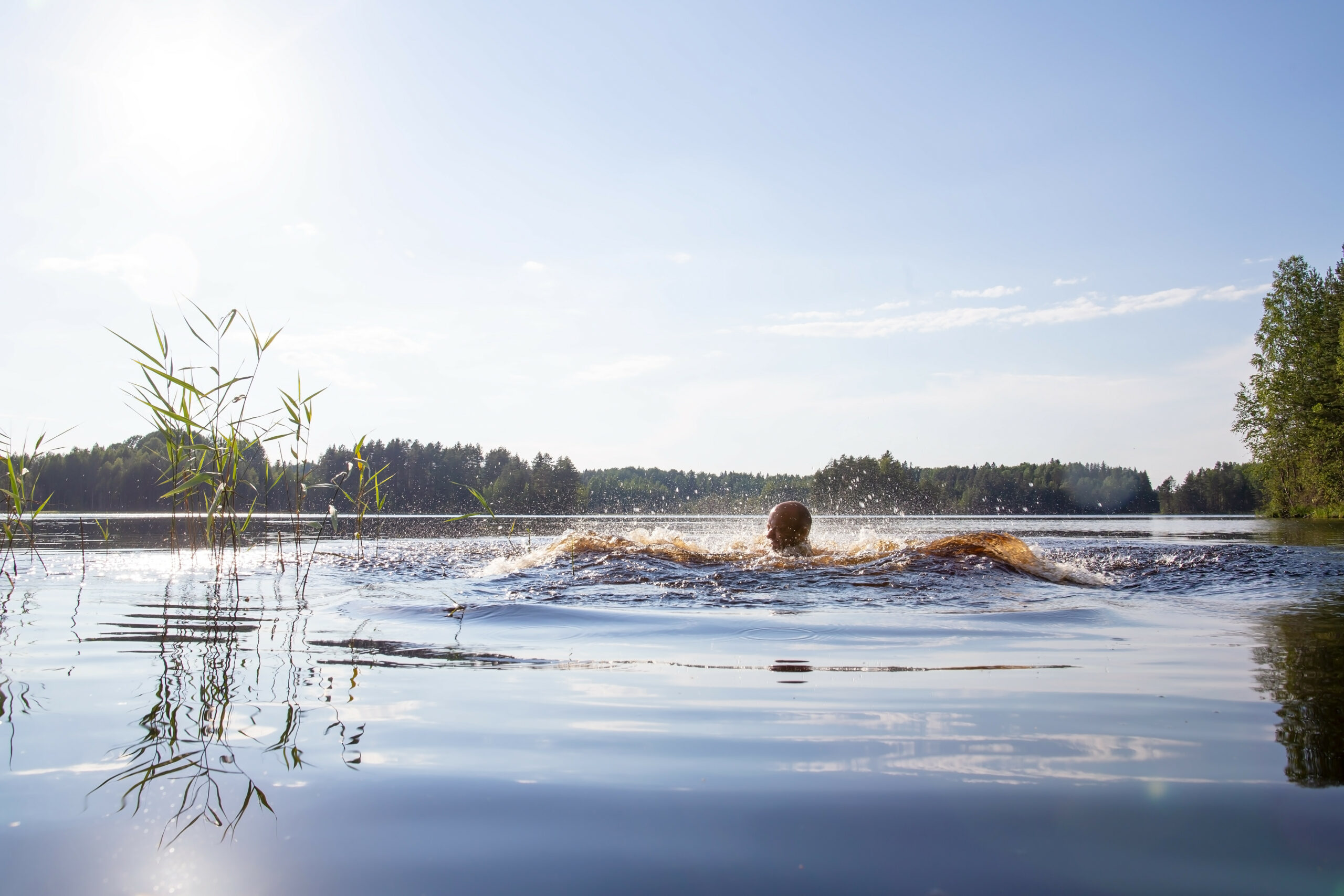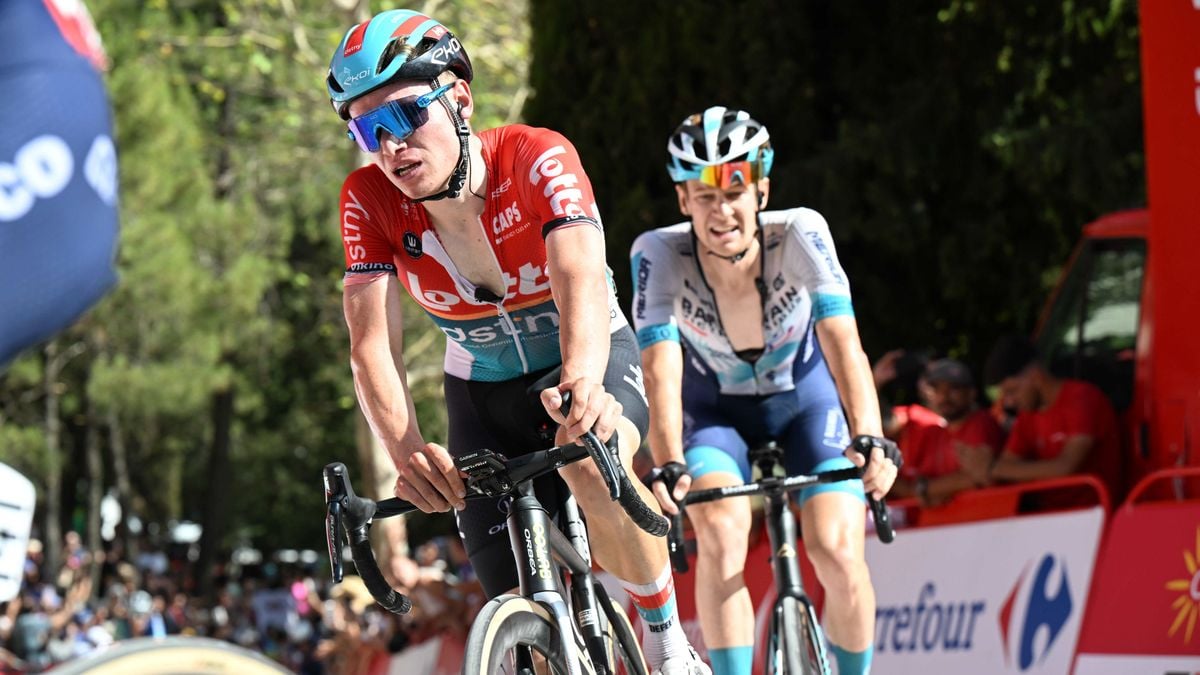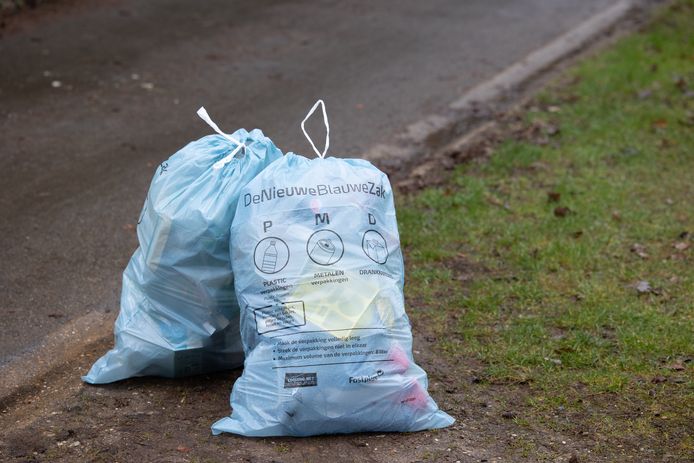Flanders wants to introduce a deposit for cans and plastic bottles by 2025. Flemish Environment Minister Sahel Demir (N-VA) requested and today received a mandate from the Flemish government to negotiate the introduction of deposits with fellow governments, with the aim of introducing them in 2025. From then on, you can Get 20 to 25 cents per bottle or can, though the exact terms aren’t finalized yet.
Flanders set a clear target for the sector in 2018: by the end of 2023, the amount of rubbish had to be reduced by 20 percent compared to 2015. At the start of the Legislative Council, relevant Minister Zuhel Demir decided to tighten this deadline by one. general.
According to OVAM’s latest waste figures, the sector has not met this target, as was already evident in October. Compared to 2015, this is only an 11 percent decrease. The amount of illegal dumping decreased for the first time in 2021 compared to the previous measurement period in 2019, but compared to 2015, the numbers are still 27 percent higher. This is why we are now shifting gear to enter deposits.
‘The inevitable next step’
20 percent litter was the target, which was never achieved. “It costs taxpayers more than 150 million euros in cleaning costs annually,” Demir said in a press release. And so we must take the inevitable next step. Negotiations and the preparation of such a system and regulations will take some time, but one thing is certain: it will come.” However, nothing has been finalized yet, as now other governments must have their say, it seems.
specific?
The system will be applied to plastic bottles (small and large up to 3 liters) and mineral drink containers. It should be checked whether long-term beverage cans and glass should also be included.
The exact amount of bottles and cans returned between regions has yet to be determined, but “20 to 25 euro cents seems appropriate”. Whether or not some diversification by pack size is desirable is being examined, and Demir has been given some room for negotiation in this regard. It seems that “for people who collect their purchases, the system is budget-neutral”. “Not for people who don’t deliver and/or contaminate.”
Digital system with QR code
The deposit system with physical and machine return points is known from other European countries. But according to Demir, this takes little or no account of the “high performance bundling system via Blue Bag”.
“In Flanders, we need to add to our already effective portfolio, which should focus on litter prevention. The alternative deposit system is a digital system where, instead of handing over physical machines, the packaging and smart waste bin/blue bag can be scanned via a unique QR code to retrieve Deposit”.
“Flanders is strong in innovation and technology. That’s why we want this state of the art Give the digital system a chance and take a leadership role again. However, this must fit within the planned timing to be operational in 2025 and cannot be cause for delay. Demir says: If it is noticed that the sector intends to delay or is causing a delay, a different filing system will be used.
Additional financial incentive.
“With a digital system, we can also make it possible, in addition to the deposit, to reward citizens who do a good job. This can be done, for example, by giving an additional financial incentive after clearing a certain number of packs in addition to simply getting the deposit back. Resources for this can be used from uncollected deposits,” says the government.
An important point of concern, Demir says, is that every citizen should have easy access to the system. So it is not enough to use smartphones alone for this purpose. Adequate alternatives should be provided for people who find it more difficult to use digital applications.
In this system, it is also not necessary to impose a collection obligation on the POS. If the store wants to organize the collection itself as an additional service, then this is allowed
network
With a digital system, there are enough collection points anyway, where the blue bag and general (smart) waste containers can be used for this purpose, Demir Cabinet says. Therefore, it is not necessary in this system to impose a collection obligation on the points of sale. However, if the store wants to organize the collection itself as an additional service for the customer, then this is permissible.
vote
Flanders aims to file in 2025
- Good idea (46%)
- Bad idea (54%)
timing
Implementation planning takes into account, among other things, the time required for the development and adoption of the legal framework, provision of the necessary infrastructure (including procurement/installation/replacement of waste containers), as well as the transition period to be set by the EU recommended (approximately 12 months) , so that producers and distribution can organize themselves.
“The start in 2025 is therefore ambitious, but possible,” concludes Demir. However, this requires that this also be dealt with with priority by other regions, the federal government, and that unforeseen obstacles do not arise. The intention is to start legislative work in 2023.”
Buurtsuper.be, the organization representing independent specialty stores and supermarkets, believes that a digital deposit system is a good thing. Not only for families, but also for supermarkets, it seems. After all, they shouldn’t be investing in air-conditioned vacuum machines now. In the original plans, shops of 400 square meters should be responsible for collecting cans and plastic bottles.
Unlimited free access to Showbytes? Which can!
Log in or create an account and never miss a thing from the stars.

“Total coffee specialist. Hardcore reader. Incurable music scholar. Web guru. Freelance troublemaker. Problem solver. Travel trailblazer.”











More Stories
Thai Air Force wants Swedish Gripen 39 fighter jets
Ageas surprises with higher operating result
Horse Palace in Belt for sale